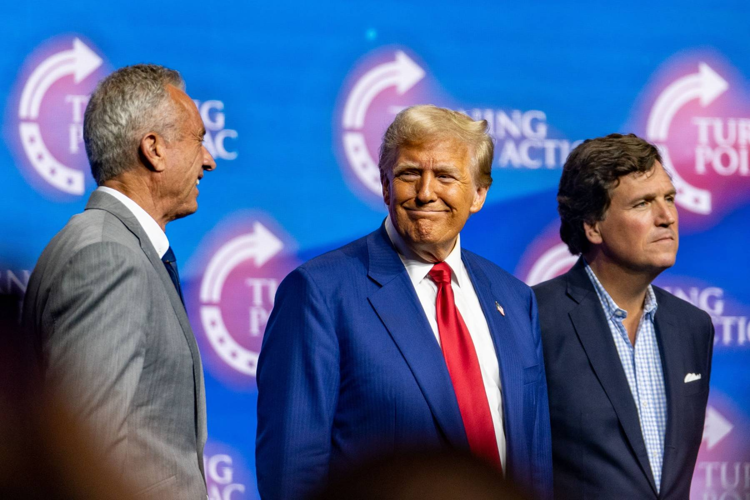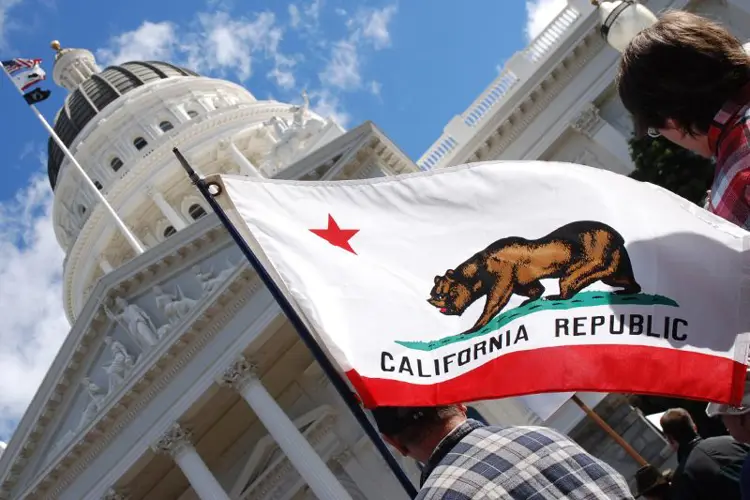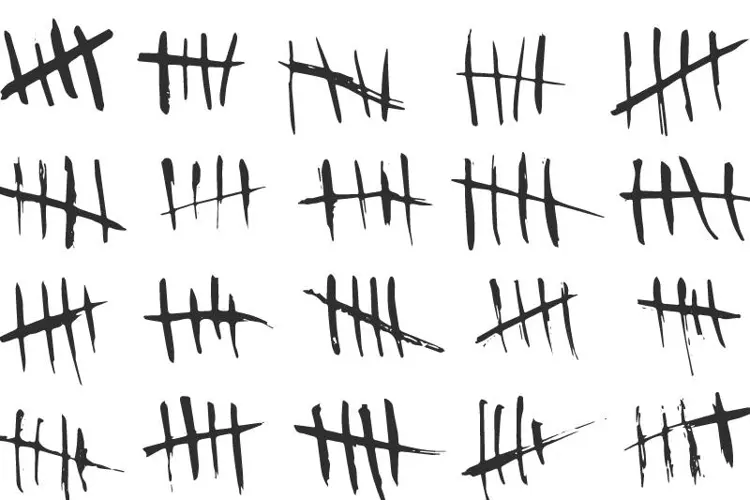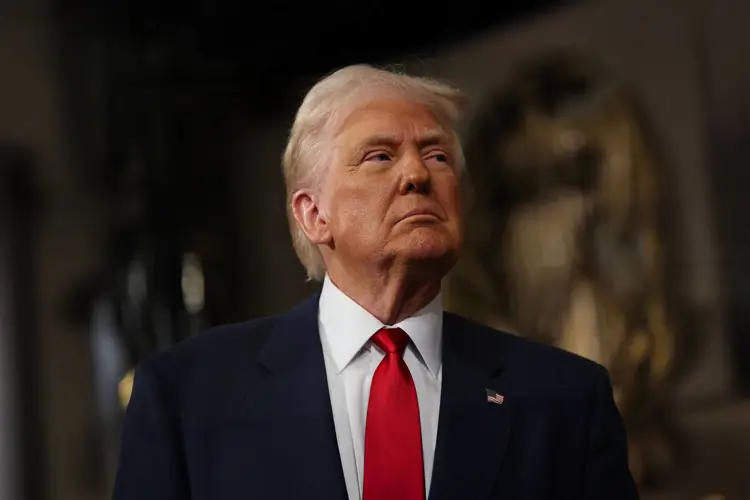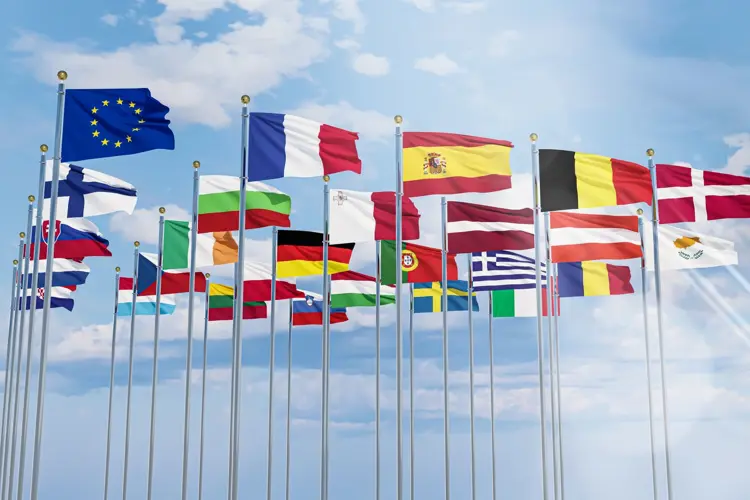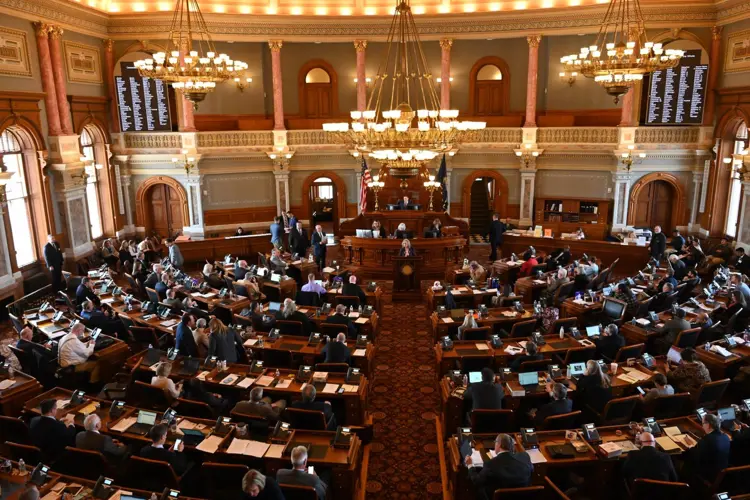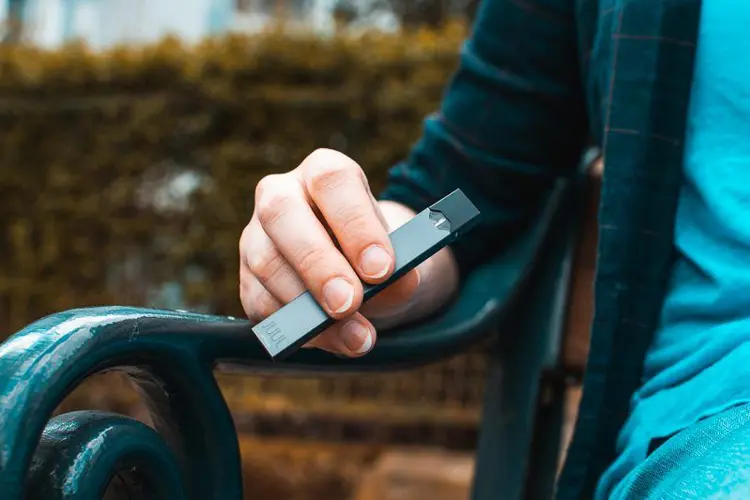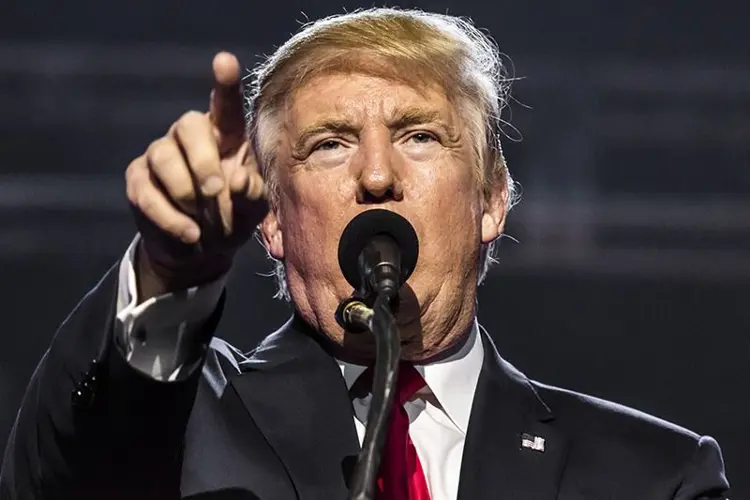The much-anticipated biennial meeting of Framework Convention for Tobacco Control (FCTC) member states—known as the tenth session of the Conference of the Parties (COP 10)—has been postponed until next year. The meeting, which sets tobacco policy for most of the world, had been scheduled for Nov. 20-25 in Panama.
In its announcement the FCTC Secretariat (leadership group) cited “the current security situation” in host country Panama as the sole reason for the delay. The Secretariat says the postponed sessions “are expected to be held in Panama, as early as possible in 2024, at dates to be confirmed.”
Panama has been rocked by political unrest in recent months. Two people died earlier this week during protests against a controversial government contract granted to a Canadian company for an open-pit copper mine west of the nation’s capital Panama City.
Another reason for the postponement, according to FCTC watchdog site COPWATCH, may be that the consortium given responsibility (and $5 million in funding) for organizing the conference pulled out at the last minute, amid allegations of corruption.
The 18 shareholder states of tobacco companies that are members of the #WHO Anti-Tobacco Convention (#FCTC): a conflict of interest?
7 protect cigarette sales by prohibiting their population from reducing risks with vaping.https://t.co/bD1wMPrpHV pic.twitter.com/1Gsm0v09Ox
— durand benoit (@benoit_durand) November 8, 2023
The notoriously insular and secretive COP meetings—whose participants typically vote to keep the news media out—are held every two years. All 183 Parties to the FCTC agree to conform their national laws and regulations to decisions voted by the whole FCTC, which means the COP meetings determine tobacco policy for most of the world. (The United States is not a signatory to the FCTC, but sends a delegation to the COP.)
Due to the COVID pandemic, the previous FCTC meeting (COP 9) was held virtually in 2021. The FCTC Secretariat decided then to postpone important discussions regarding vapes and other low-risk nicotine products until COP 10.
Among the positions the Secretariat—and its allies at the World Health Organization (WHO) and Bloomberg Philanthropies—will advocate for at COP 10 include:
- Banning vaping flavors
- Banning open-system (refillable) products
- Banning nicotine salt e-liquid
- Redefining the term “smoke” to include smoke-free vapor
- Regulating and taxing all nicotine products as harshly as cigarettes
The FCTC Secretariat routinely grants COP observer status to anti-tobacco and anti-vaping organizations that help craft the restrictive policies favored by the leadership, but refuses to admit nicotine consumer groups that represent legitimate stakeholders in the discussions.
Vaping360 will have additional coverage of COP 10 as the event approaches.
The Freemax REXA PRO and REXA SMART are highly advanced pod vapes, offering seemingly endless features, beautiful touchscreens, and new DUOMAX pods.
The OXVA XLIM Pro 2 DNA is powered by a custom-made Evolv DNA chipset, offering a Replay function and dry hit protection. Read our review to find out more.
The SKE Bar is a 2 mL replaceable pod vape with a 500 mAh battery, a 1.2-ohm mesh coil, and 35 flavors to choose from in 2% nicotine.
Because of declining cigarette sales, state governments in the U.S. and countries around the world are looking to vapor products as a new source of tax revenue.
The legal age to buy e-cigarettes and other vaping products varies around the world. The United States recently changed the legal minimum sales age to 21.
A list of vaping product flavor bans and online sales bans in the United States, and sales and possession bans in other countries.







